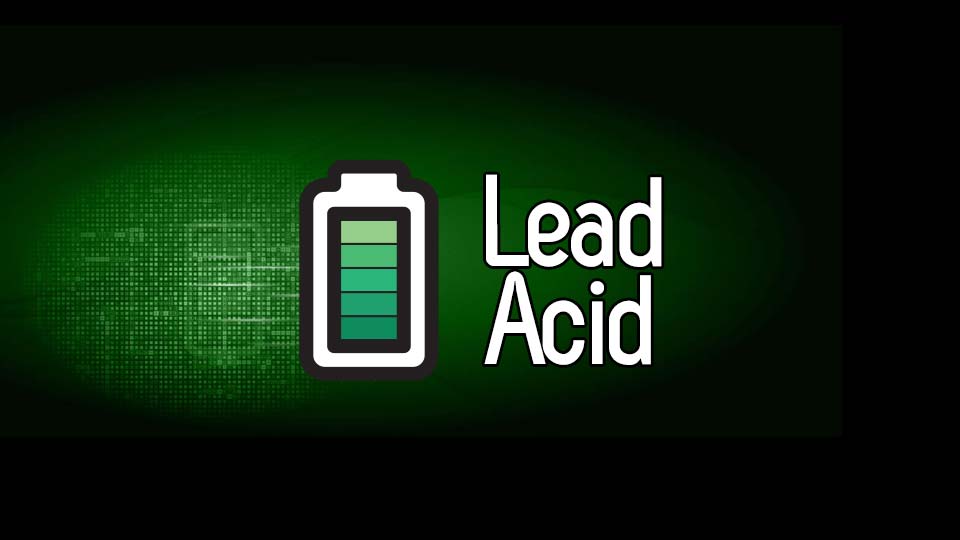When a short circuit occurs in a lead-acid battery, the performance is drastically affected. A sudden and large current flow can cause severe internal damage, rendering the battery unusable. The immediate consequence is a sharp drop in voltage, leading to equipment failure in applications relying on the battery.
Furthermore, excessive heat generation due to the high current can cause the electrolyte to evaporate, the battery casing to deform, and in extreme cases, the battery to explode. Long-term, a short circuit reduces the battery’s overall lifespan and increases maintenance costs due to frequent replacements. To avoid these outcomes, it’s important to identify the early signs of short circuits, such as abnormal heating or fluctuating voltage levels.


